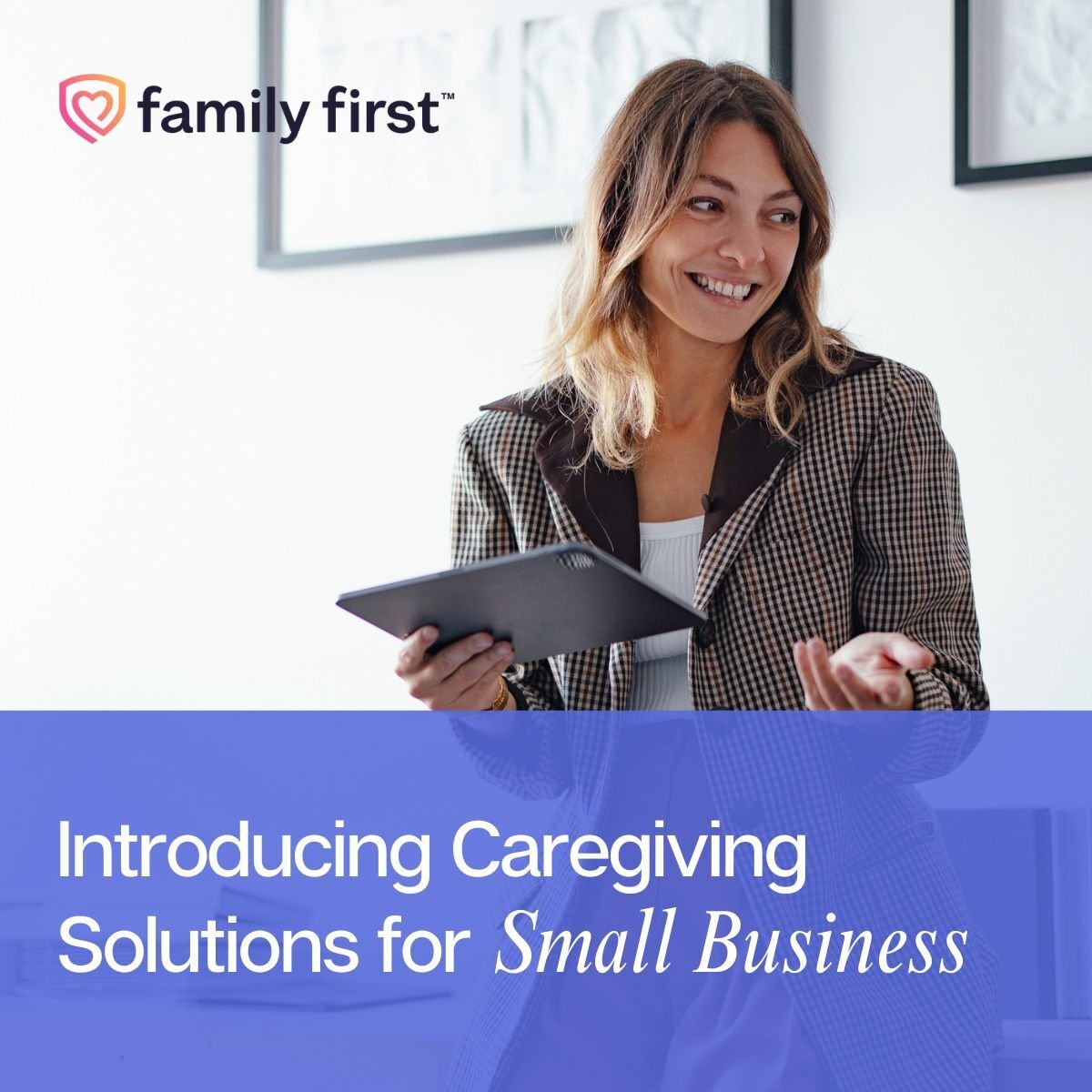Happy customers are key to business success. The idea that satisfied customers lead to greater business revenue is a link that most people intuitively make, but it is also an idea supported by research.
Interestingly, researchers are now making another link, taking things a step further: happy employees make for happy customers, with a direct correlation to business revenues. In a 2022 Harvard Business Review paper, How Employee Experience Impacts Your Bottom Line, the authors with backgrounds in mathematics, economics, marketing, and global business growth strategy state:
“Employees, especially customer-facing employees, would seem to play a central role in customer experience. As consumers in our daily lives, this link seems intuitive: a single interaction with an employee can make or break your experience in a store, at the doctor’s office, on a telephone call, or even via virtual interactions such as chat or social media. Yet, for executives leading businesses, the role employees play in creating a great customer experience, or more generally in driving revenue, tends to be a lot less clear — because it can be so difficult to quantify.”
Because it is hard to quantify employee happiness on customer satisfaction and revenues, the researchers gained access to anonymized data from a customer-facing business. They used various business data sets to run the numbers. The results for the company they studied showed that investing to attain the top quartile of employee experience would offer a significant ROI.
Taking into account adopting new technology, time to impact, and other up-front costs of improving employee experience, the researchers believe a realistic outcome in the specific case they studied would be a 6% increase in total annual revenue across the company as a whole, with a 5-year ROI on the employee investment of 30% and the 10-year ROI over 80%.
The results give credibility to the idea that Human Resource departments and their role in employee happiness play an important role in revenue, which could have a significant impact on revenue and profits in the medium to long term. Ultimately the researchers conclude that employees are an investment and not a cost to minimize. HR departments can be a strategic function driving revenue and experience.
How much is it worth to reduce turnover of talent by 20 or 30 percent? Would improving employee satisfaction scores by 25 percent improve overall revenue? These are important questions for your organization to ask.
Below we will look at some ways employee caregiving benefits improve satisfaction amongst staff and the potential benefits to organizations.
Improving employee engagement and fostering a positive workplace culture
Research shows that employee benefits make people feel valued and increase engagement at work. A significant number of employees would rather have more personalized work benefits than a pay rise.
The 2023 MetLife Employee Benefit Trends Study finds that when employers show care, 87% of employees are engaged, 90% are productive, and 89% are loyal. When employees feel that employers do not care, the figures drop dramatically, with engagement (45%), productivity (58%), and loyalty (54%) all significantly lower.
Data has shown up to 80 percent of employees admitted caregiving responsibilities impacted their work performance. A culture of support, empathy, and awareness of employees with care responsibilities can help staff communicate and get help to solve these issues.
Family First offers global solutions for caregiving support so that no matter where your employees call home, they can express their concerns about caregiving and how it impacts their work. Our Care Experts work with caregivers to address concerns and to help them improve the situation.
Our Care Experts can help ease the burden and alleviate stress before employees reach burnout and are absent from work or leave the company altogether. Family First is the only caregiving benefit using an AI and data-backed predictive index to monitor and alert when an employee caregiver is in danger of burnout and needs support to become healthier.
Enhancing employee retention with better health and well-being
Caregiving impacts a range of issues for the caregiver and their loved ones. The caregiver may have family responsibilities, and caregiving duties and need support to improve their emotional, mental, and financial well-being.
One way Family First can do this is by offering personalized caregiving plans that look at every aspect of a caregiving situation. Typically in health care, only the care recipient is considered. The Family First team works on solutions for the caregiver, care recipient, and considers the impact of the health care and community care that make up an individual case.
Statistics show that employees with caregiving responsibilities are far more likely to be absent, have a lower focus on their job, and are much more likely to quit their role due to stress and be unable to cope. Providing caregiving plans, resources, and connections to expert care teams helps enhance well-being and employee happiness at work and at home.
Reducing absenteeism, increasing productivity during work hours and cutting staff turnover costs can have a big impact on revenue. How much does it cost to replace an average employee? According to CentricHR the cost to replace a salaried employee is estimated at on average, between 6-9 months' salary. The estimate covers recruitment costs, new employee training expenses, and new wages.
Replacing an employee with a specialist skill set or unique knowledge related to your business may cost even more.
Strengthening Recruitment Efforts
Recruitment experts Page Personnel define an employee value proposition (EVP) as the unique set of benefits an employee receives in return for what they bring to a company. Your EVP defines the essence of your company, how unique you are, and what you stand for.
Employees are much more aware of social issues today and are looking for employers with policies on diversity, equity, and inclusion, support for parents, caregivers, and various neurodiverse conditions.
A caregiving benefit helps provide better health equity and inclusion, and can enhance diversity in the workplace. For example, the Family First platform can help more women return to the workforce - the demographic that still shoulders most of the caregiving burden in society.
A market insights report from Ranstead concluded that higher salaries without corresponding benefits that improve the life of your employees may not be enough to keep your workers from changing jobs. Offering a high salary without the best benefits might not be enough to attract the best new staff either.
Enhancing Compensation Packages and Top Talent Acquisition
According to candidate research conducted by PageGroup, 78 percent of candidates would be more likely to apply for a job if the advert mentioned the benefits available.
Putting together a great compensation package includes offering a range of benefits that help improve talent acquisition alongside retention.
If you are wondering about the appeal of caregiving benefits and if they are worth adding to the employee benefits mix, research shows that around 73 percent of the workforce are caregivers. With an aging population, this figure is likely to rise in the future.
Caregiving benefits prove to be popular, but the Family First caregiving solution has a significant positive impact on employees' lives - and on the lives of the loved ones they care for which can also have a positive impact on your company's image.
Improving Company Reputation
Employee happiness plays an important role in brand reputation. Positive feelings towards the company and their empathy for employees result in a better reputation for the business both internally amongst employees and externally in the public perception. Reputation plays an obvious role in talent retention and acquisition and it can also be attractive to prospective clients, customers, and partners who want to work with organizations doing the right thing and working towards better health equity, DE&I initiatives, and corporate responsibility.
Firms with better reputations attract better people. A good reputation means the company is perceived to be providing more value. Brands with this reputation and an image of offering value can charge a premium, increase customer lifetime value, reduce capital costs, and deliver sustained growth.
Results that speak for themselves
Family First combines 30 years of hands-on experience, a multi-disciplinary team of experts, and an artificial intelligence engine that analyzes data from millions of people to ensure your employees have the caregiving solutions they need.
Family First has a Member Net Promoter Score (NPS) of 87, a Client Net Promoter Score of 91, and our platform delivers a 2.3:1 return on investment.
If you want to learn more about how the Family First caregiving benefit can help your organization deliver better employee and customer experiences alongside increasing business revenues, get in touch for a free demo.



